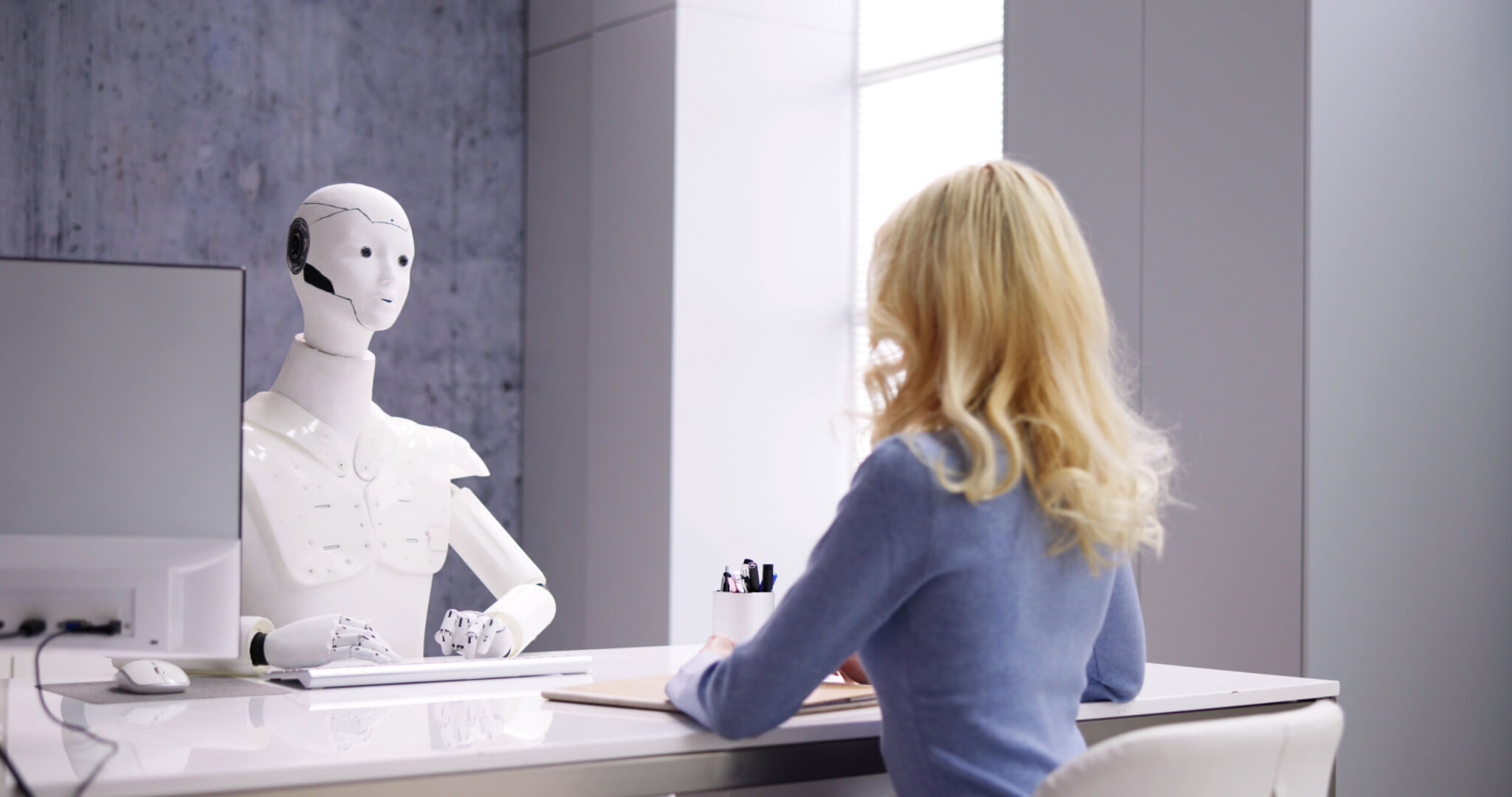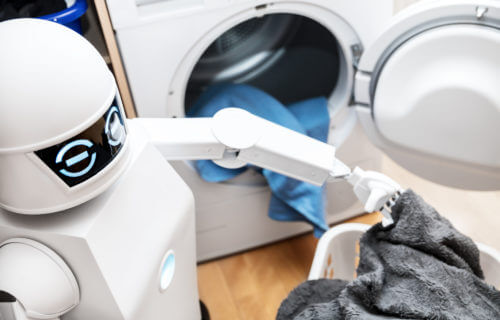BERLIN, Germany — Humans tend to be less attentive to the tasks they’re doing when they believe robots have already inspected their work, researchers have uncovered. The study, conducted by scientists at the Technical University of Berlin in Germany, examined whether the phenomenon of “social loafing” – where individuals exert less effort in group settings because they feel their contributions won’t be noticed – extends to human-robot interactions.
“Teamwork is a mixed blessing. Working together can motivate people to perform well but it can also lead to a loss of motivation because the individual contribution is not as visible,” says Dietlind Helene Cymek, the study’s lead author, in a media release. “We were interested in whether we could also find such motivational effects when the team partner is a robot.”
To test their theory, the researchers had 42 participants inspect blurred images of circuit boards for defects. The images would only become clear when they hovered over it with a computer mouse, allowing the team to monitor participants’ attention to detail. Half of these participants were informed that their circuit boards had previously been inspected by a robot named “Panda,” whom they could both see and hear while working.

Although the initial results showed no significant differences in the time both groups spent inspecting the boards or the areas they checked, a deeper analysis reveals that those who believed they were working after Panda did its check identified fewer defects later on. This suggests a “looking but not seeing” effect, where individuals mentally disengage due to over-reliance on another entity.
“It is easy to track where a person is looking, but much harder to tell whether that visual information is being sufficiently processed at a mental level,” says Dr. Linda Onnasch, the senior author of the study.
Although participants felt they were maintaining consistent attention levels, they subconsciously assumed Panda hadn’t overlooked any defects.
“In longer shifts, when tasks are routine and the working environment offers little performance monitoring and feedback, the loss of motivation tends to be much greater,” says Dr. Onnasch. “In manufacturing in general, but especially in safety-related areas where double checking is common, this can have a negative impact on work outcomes.”
The findings also mention the challenges of accurately simulating social loafing in lab settings, given participants are aware they’re under observation.
“To find out how big the problem of loss of motivation is in human-robot interaction, we need to go into the field and test our assumptions in real work environments, with skilled workers who routinely do their work in teams with robots,” emphasizes Cymek.
The study is published in the journal Frontiers in Robotics and AI.
You might also be interested in:
- Robots already taking over world? Reports of workplace automation ‘greatly exaggerated,’ scientists say
- Robots are driving U.S. workers towards substance abuse, mental illness
- Rise of robots causing burnout and job insecurity among U.S. workers
- Best Motivation Books: Top 8 Self-Help Must-Reads, According To Experts
South West News Service writer Stephen Beech contributed to this report.

Lea la versión en español en EstudioRevela.com: Desconectar mentalmente: Las personas se vuelven más perezosas cuando trabajan junto a robots.
